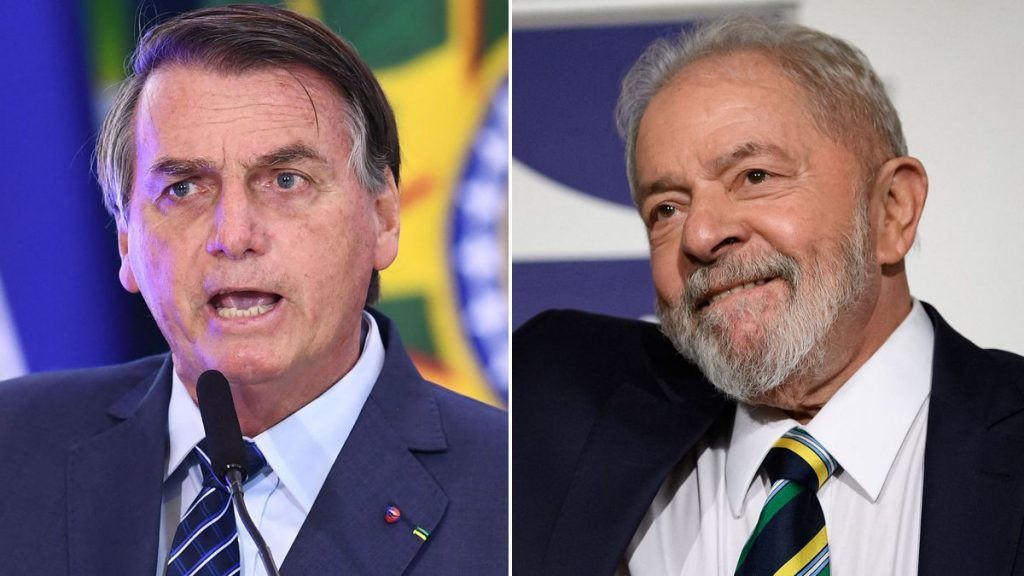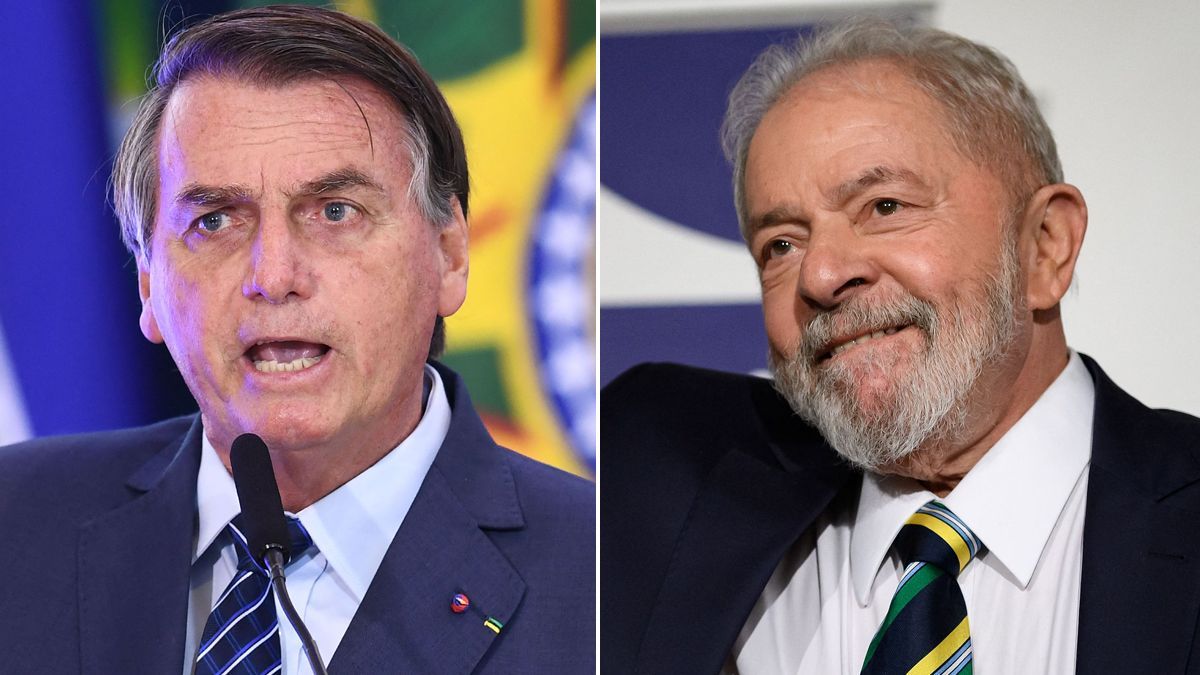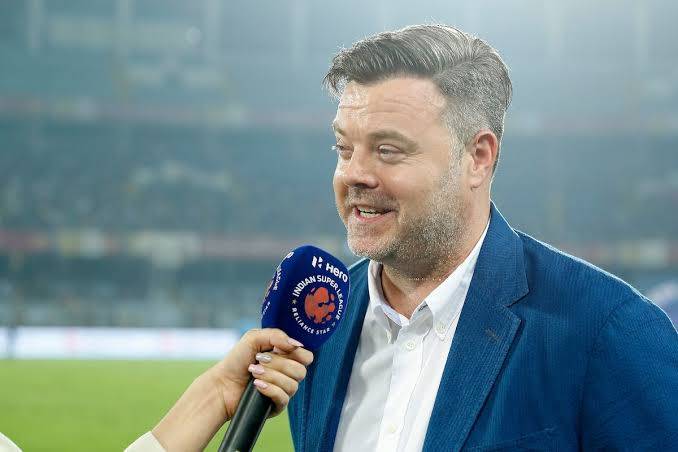
In less than two weeks before Brazil’s election, former Brazilian President Luiz Inacio Lula da Silva’s advantage over incumbent President Jair Bolsonaro has marginally increased, according to a poll released by IPEC on Monday.
Lula is expected to receive 47% of the vote in the first round, which will be held on October 2, compared to 31% for Bolsonaro. This is up from 46% and 31%, respectively, in the identical poll taken one week prior, according to the poll.
In the event of a second-round runoff, Lula would win with 54% of the vote to Bolsonaro’s 35%, up from his prior advantage of 17 percentage points.
Bolsonaro’s popularity rating remained unchanged at 30% and his disapproval rating rose to 47% from 45% last week, respectively.
From September 17-18, pollster IPEC, previously IBOPE, conducted 3,008 in-person interviews. The margin of error for the survey is two percentage points.
A few weeks earlier, a supporter of Brazilian President Jair Bolsonaro killed a supporter of election rival Lula da Silva with an axe in an argument about politics in a rural area of Brazil, police have said.
The victim, identified as Benedito Cardoso, was 42 years old and had been arguing with the alleged perpetrator, a 24-year-old man, ahead of the October 2 elections which will see former President Lula challenging Bolsonaro.
Victor Donizete de Oliveira Pereira, of the civil police in Confresa, said that both men were alone on the property when a “politically motivated argument” started.
“The victim was defending Lula and the perpetrator said he was defending Bolsonaro,” he added in a statement Thursday.
Last month, during the televised presidential debate on August 29, which included six of Brazil’s 12 presidential candidates, incumbent president Jair Bolsonaro portrayed former President and candidate Luiz Inacio Lula Da Silva as a corrupt former politician seeking to regain power, while the former accused his right-wing opponent of dragging the country’s economy to rock bottom.
In his opening speech, Bolsonaro labeled Lula a “thief” and shed light on the so-called “Car Wash” scandal, a scheme that allegedly included kickbacks to politicians and officials of the majority-state-owned Petrobas oil company in exchange for profitable contracts.
Lula, who was president from 2003 to 2010, has maintained his innocence and was controversially convicted in 2017 of money laundering and corruption linked to the scheme but was later released from prison in 2019 and the Supreme Court annulled the conviction in 2021.

















